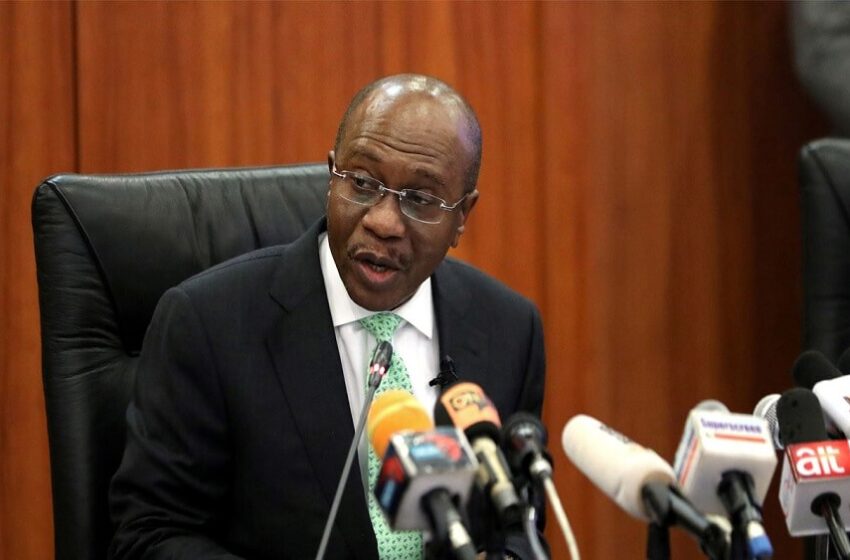Godwin Emefiele: Appeal court nullifies ex-CBN gov’s asset forfeiture, orders retrial

Godwin Emefiele continues to trend amid his legal case with the federal government.
The Court of Appeal sitting in Lagos has set aside the final forfeiture order granted by the Federal High Court in Lagos in respect of properties linked to the former Governor of the Central Bank of Nigeria (CBN), Godwin Emefiele.
The appellate court ruled that the matter be returned to the lower court for a fresh hearing, particularly to allow for oral evidence and cross-examination.
In its judgment delivered on April 9, 2025, the Court of Appeal held, in a split decision of two to one, that the Federal High Court erred by granting a final forfeiture order without giving the parties adequate opportunity to address contested facts regarding ownership and source of funding for the assets.
The properties, which the Economic and Financial Crimes Commission (EFCC) sought to forfeit permanently, included eight apartments and a unit in Ikoyi, Lagos; other residential and commercial properties in Lekki and Ikoyi; an undeveloped plot of land; a multi-billion-naira industrial complex in Delta State; and bank balances and shares traced to a company named Queensdorf Global Investment Ltd, allegedly linked to Emefiele.
Emefiele, through his lawyer Olalekan Ojo (SAN), had filed an appeal against the lower court’s ruling, arguing that the assets were legally acquired and that the EFCC had not established that they were proceeds of unlawful activity. He claimed that his entitlements from Zenith Bank, where he served as managing director, and from his years at the helm of the CBN could account for the properties.
In the lead judgment, Justice Abdulazeez Anka agreed that there were serious disputes requiring oral evidence. He held that issues such as ownership, the legitimacy of funds, and corporate structures could not be adequately resolved through affidavit evidence alone.
However, the appellate court upheld the final forfeiture of $2,045,000, which is part of the total amount involved in the case. The panel ruled that since no appeal was filed in respect of the funds, that portion of the lower court’s judgment would remain valid.
In his dissenting opinion, Justice Danlami Senchi supported the EFCC’s case, arguing that the commission had complied with legal requirements, including publication of the forfeiture notice. He held that the respondents failed to offer satisfactory proof of ownership or lawful acquisition.
The Court’s directive for a retrial means the Federal High Court will reopen hearings on the matter, allowing for witnesses, cross-examinations, and a more comprehensive review of the facts before any final forfeiture can be made.

